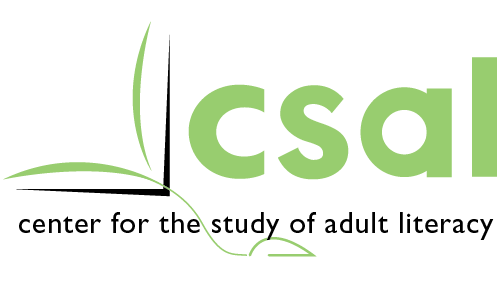Marcia Barnes, Ph.D.
Professor & Manuel J. Justiz Endowed Chair in Math, Science, and Technology in Teacher Education
![]()
Department of Special Education
University of Texas at Austin
Adjunct Faculty, Pediatrics, University of Texas Health Science Center at Houston
![]()
Phone: 512-232-9258
Email: marcia.barnes@austin.utexas.edu
website: http://www.meadowscenter.org/people/marcia-barnes
Dr. Marcia Barnes was a cognitive processing, curriculum, and instruction consultant for CSAL. Her overarching research goal is to understand how both domain-specific and domain-general abilities affect reading comprehension and mathematics performance and to use the findings to inform assessment and intervention. She is particularly interested in looking for innovative ways to improve developmental and academic outcomes for children and adolescents at risk for or with learning difficulties. Her recently funded research seeks to determine whether there is any synergy gained from combining cognitive and academic interventions, and if so, for whom, at what ages, and for what skills. Current work funded through an IES Reading for Understanding project includes a large-scale assessment study investigating the sources of difficulties in adolescent reading comprehension and smaller scale training studies to test for malleability of important comprehension-related skills in these older struggling comprehenders. Her current research in mathematical cognition combines domain-specific (math) and domain-general (executive and alerting attention) interventions for young at-risk low income preschool children to see whether there are any effects of such training on outcomes in the domains of early mathematics, early literacy, working memory, and attention. Her other research involves children with neurodevelopmental disorders such as spina bifida associated with specific learning difficulties in reading comprehension and mathematics. This work seeks to understand the early developmental precursors in the toddler and preschool years of later school-age academic disabilities. Such information on developmental pathways for later academic success and difficulty is critical for hypothesizing likely targets for intervention and the optimal timing of such interventions.
